|
This is part of a series of top films of 2019. Explanation and index here. 1. Portrait de la jeune fille en feu (Portrait of a Lady on Fire) "In solitude, I felt the liberty you spoke of. But I also felt your absence." Synopsis: A female painter is hired to clandestinely paint a woman who refuses to pose. Trailer. dir. Céline Sciamma. 121m; 1.85:1. If this were a numerical list (it isn't, despite that #1 there, simply for appearance), Portrait would place somewhere very near the top. Because of that ending. Among other things. That ending and all that builds to it, that we might feel everything we feel, and be trusted into the shock of learning something new– not a fact, but an insight. I dare not translate it to words. This is what cinema is for. Sciamma makes a film about adult characters for basically the first time, recasting frequent collaborator Adèle Haenel in a an entirely new light; there are a lot of pure cinema moments conveying all the feeling in a gaze or glance. She opts for digital in an 18th century period piece, a risky choice but a deftly handled one– this is the past not as past but present, clean and vibrant and colorful and new, as the 1770s once were. The screenplay understandably won at Cannes, and reframes the Odyssey narrative and its famous glance back into something entirely new to me, a celebration of the poignant ephemeral. You learn about life watching this one, deepen your experience of what it is. Or at least that’s what it did for me. 2. Atlantics "Souleiman is here." Synopsis: The boys have gone missing... or have they? Trailer. dir. Mati Diop. 106m; 1.66:1. Diop’s debut deserves every bit of the considerable praise thrown its way. She cites Michael Mann in inspiration for her aesthetic– specifically the way Mann captures night in 2006’s Miami Vice. Both films are steeped in mood and atmosphere, but Diop’s voice is her own. I’ll let better writers than I engage with how she tackles immigration, arranged marriage, female agency, and the transformative power of love to transcend death, space and time; let me instead highlight the fusion of those delicate images with Fatima Al Qadiri’s otherworldy score. The effect is of elements beyond the eye, beyond the known, and what they might have to do with our lives; the sense of mystery is at once bewilderingly large and oddly comforting. Diop casts the ocean much as Soderbergh does the planet in his woefully underrated Solaris: an entity that seems to be changing how the people near it behave, how they think… even who they are. When the world is bigger than we know, secrets lie just around the corner, more of them reassuring than not. Diop and editor Aël Dallier Vega cut with a specific gossamer-light grace that recalls early Sofia Coppola; Diop’s touch is soft, but powerful. After years of shorts (and a standout acting role in Claire Denis’ 35 Shots of Rum), this, her first feature, is remarkably assured. It’s such a spectacular piece any follow-up will likely be viewed as a disappointment by some, but that’s shortsighted. I’m excited for anything more from this voice. 3. Diqiu zuihou de yewan (Long Day’s Journey into Night) "The difference between films and memory is that films are always false." Synopsis: A collection of events and memories revolving around two characters and having to do with lost love, time, and longing. Trailer. dir. Bi Gan. 138m, 1.85:1. The spark is still burning. This is the shape of longing, of love tinged with melancholic mystery, translated into images and only nominally tied to narrative. It’s Wong (especially 2046) plus Tarkovsky (particularly Stalker; note the reference in the trailer) with a dash of Lynch (in the vein of Blue Velvet). What more could you want? The last shot, which lasts an hour(!), is remarkable– handmade, delicate, an earnest and resonant piece of choreography. It’s rougher around the edges than the polish Deakins achieves with 1917, but not lacking as a result; a better comparison is 2015’s Victoria, which like this film’s last hour actually is an unbroken take (though an unbroken take of any length is undeniable achievement) accomplished on a small budget. This film’s language is its own, separate from the intense fluidity of those films and more aligned with Slow Cinema, something out of Reygadas or Weerasethakul but with more penache: stillness is the aim here, the thoughts that come from turning inward. The final shot feels like a journey through a mind, an actualization not of a place but a state of being, a dream that lasts so long we start to wonder if time and love are the same thing. The spark is still burning. [This is a 2018 release, which I’m including here because it first played in Seattle in 2019. ] 4. Photograph "When I saw the photo he took of me, I didn't see myself. I saw someone who looked happier than me." Synopsis: A struggling street photographer in Mumbai, pressured to marry by his grandmother, convinces a shy stranger to pose as his fiancée. Trailer. dir. Ritesh Batra. 110m; 2.39:1 aspect. Films, as a medium, seem like they lend themselves to being about extroverts, but we only think that because the medium is underutilized, too often merely filmed theatre. Pure cinema uses images and sound to express what words can’t, and is thus ideally suited to articulating the lives of quiet people– such as the two leads of this delightful, tentative and very touching film that accomplishes multitudes with the gentlest of approaches. As with his 2013 hit The Lunchbox, Batra believes in the magical goodness of unknown people, hidden lives burgeoning over with reflection and feeling. The ‘scope frame adds dimension and heft to these unknown lives, a more expansive sensation than the expected choice that 1.85 ratio would be for this material. 5. Transit “Who is the first to forget? He who is left, or she who left him?" Synopsis: A man attempting to escape occupied France falls in love with the wife of a dead author whose identity he has assumed. Trailer. dir. Christian Petzold. 101m; 2.39:1. How can I explain to you how much it made sense? Perhaps if I described it as a dream, wherein the present 21st century day and the 1940 Nazi takeover of France were happening simultaneously. Somehow that works here. You wouldn’t question the contradiction in a dream, and if films are other people’s dreams, well, that’s where this one lives. We aren’t ever able to shake that dreamlike spell in this film, though the emotions and desires feel as potent as any reality. The sunswept tides and open windows form the sort of hangdog afternoon light too warmly lazy to change; in our inability to experience the present, maybe the act of waiting is our greatest salve. Like 2016’s underrated masterpiece L’Attesa (trailer here), Transit is about the resistance toward acknowledging that death has happened. It’s about the dreams we force ourselves into, in order to hold ourselves together. It has the fraught and dreamy tropicality of Koch or Greene, a belief not in the mythmaking urge of memory persay but in the need for such an urge. Perhaps life has meaning; if it does not, we have to give it meaning. And we must believe the meaning we choose. 6. Ad Astra "Father, if you can hear me, I am trying to communicate with you."
With Brad Pitt. Synopsis: A rumination on legacy and loneliness and the search for knowledge outside our grasp. Trailer 2. dir. James Gray. 123m; 2.39:1. The above line, as read in the film, is not a prayer, but of course it reads like one. It may as well be. Pitt’s character reads it out in a message to be sent into deep space, to a father he unsure is still alive. James Gray has finally made a masterpiece, after a decade-plus of films I consider to always have been Very Good, without ever cracking the Great realm– for me, at least. Sometimes you find a piece that moves you, and it’s almost not worth trying to explain why. It may not play for others, but this particular organization of sounds and images seems the perfect answer to my life’s current questions. This is the film that moves my soul now, this contemplative, absorbing, introspective, beautiful gem, the likes of which I still can’t believe got made at this budget level. Theatrical films for adults don’t get big budgets very often in these latter days of Disney domination. But there continue to be exceptions, and this is one. Robert Philp Kolker posited that all great films are actually about loneliness, and this one fits that thesis to a tee. It’s not a major surprise that space is an ideal setting for such rumination, and we’ve had a glut of recent pictures that are actually dramas in sci-fi clothing (Arrival; Interstellar; First Man; Gravity). What does it mean to let go? It means to let someone be who they are. To allow them to be themselves. Allow them the freedom, for them and for the health of our minds, the peace of ourselves. The film’s final lines and their dedication to love as an act of giving feel definitive. You watch it thinking, are there other films? What could be more important than this? --- Nathan's Films of 2019 Index here.
0 Comments
Leave a Reply. |
Nathan
Archives
July 2024
Categories |
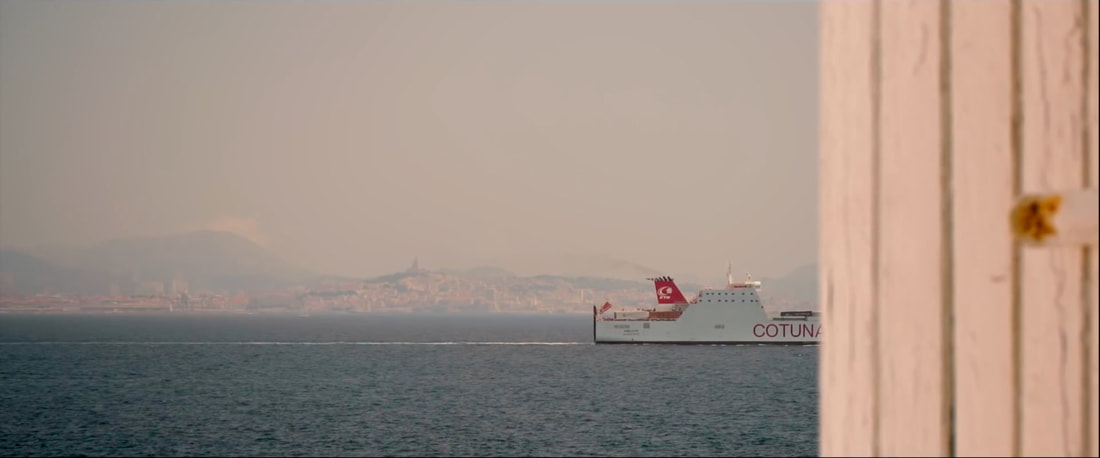
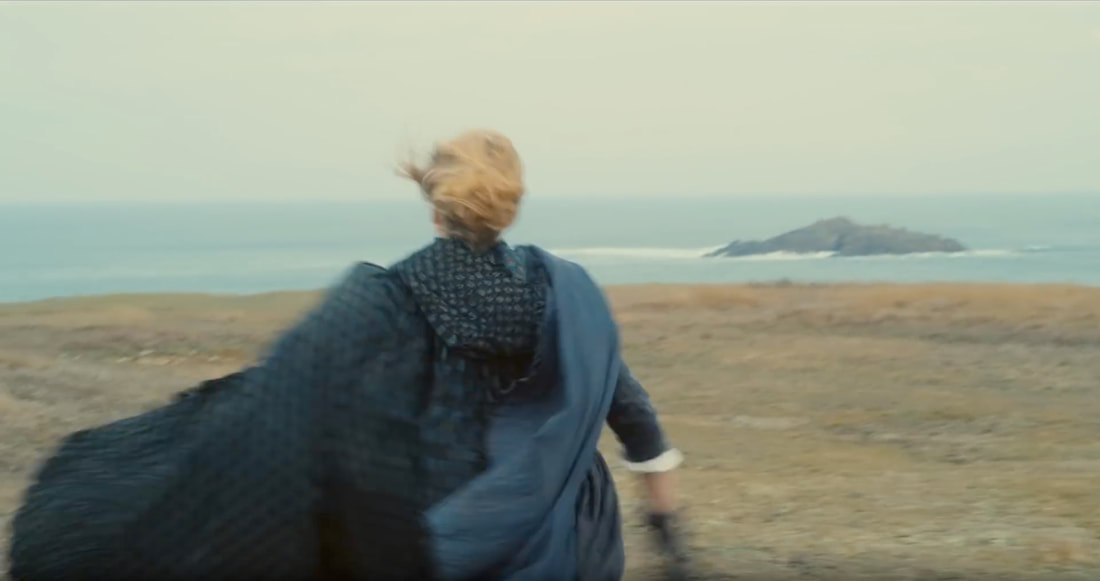
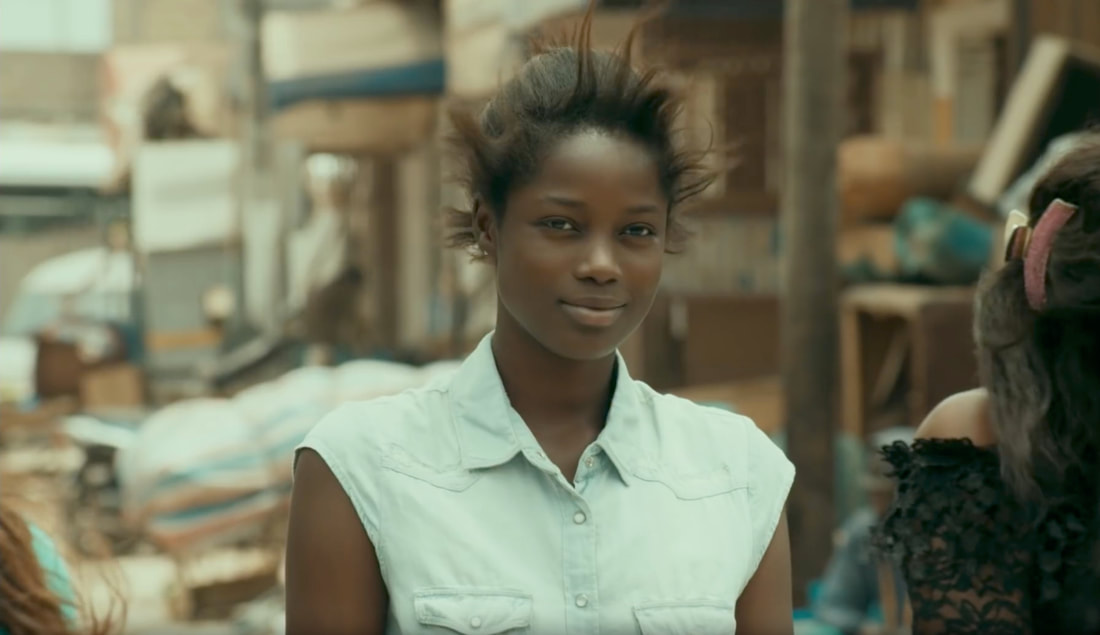
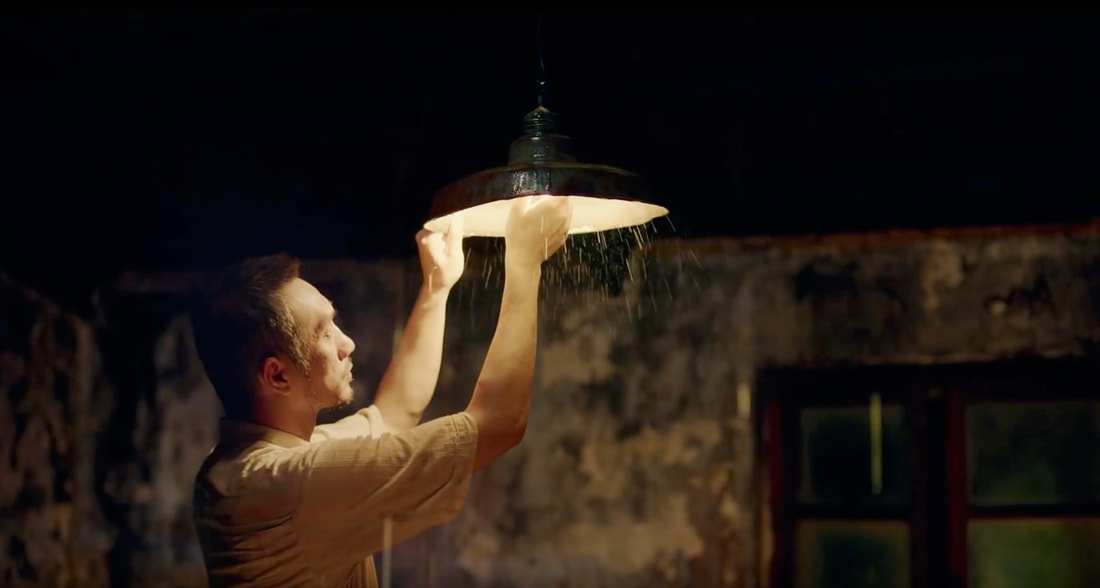
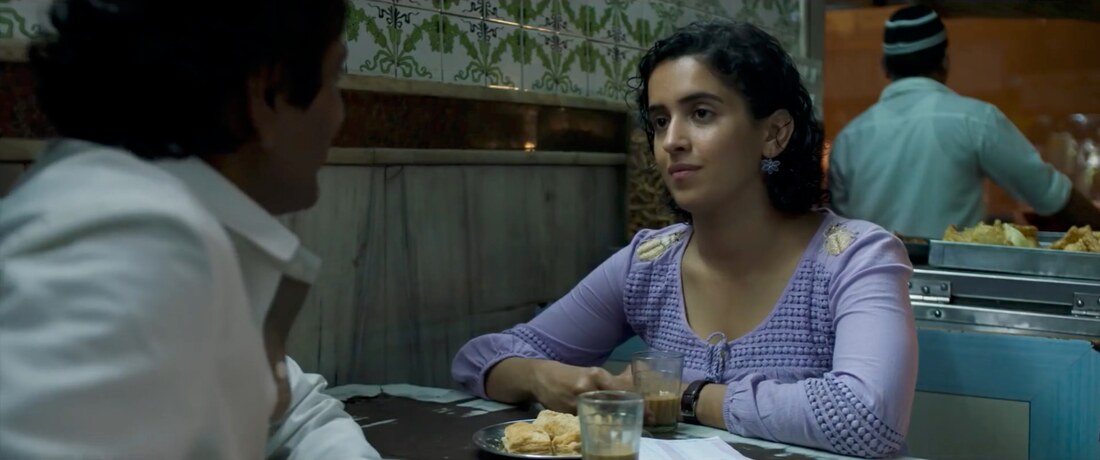
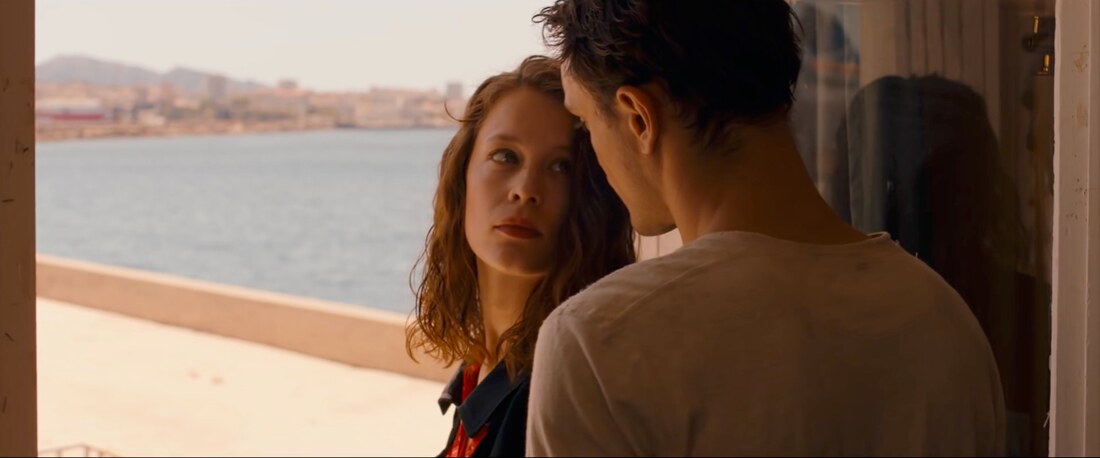
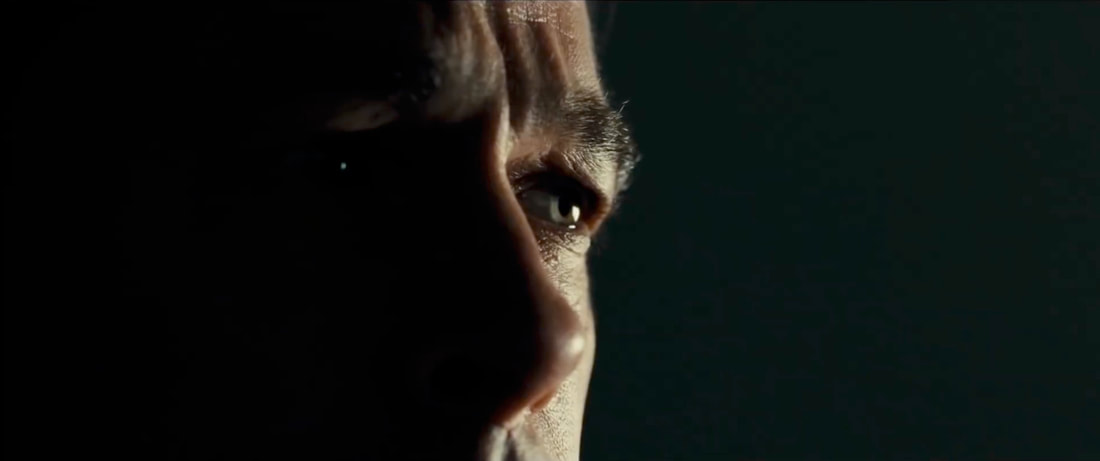
 RSS Feed
RSS Feed
